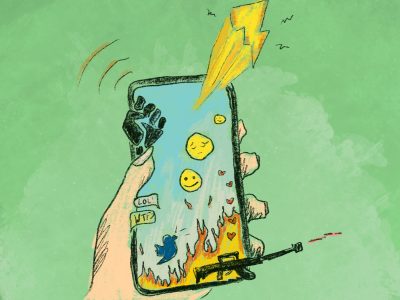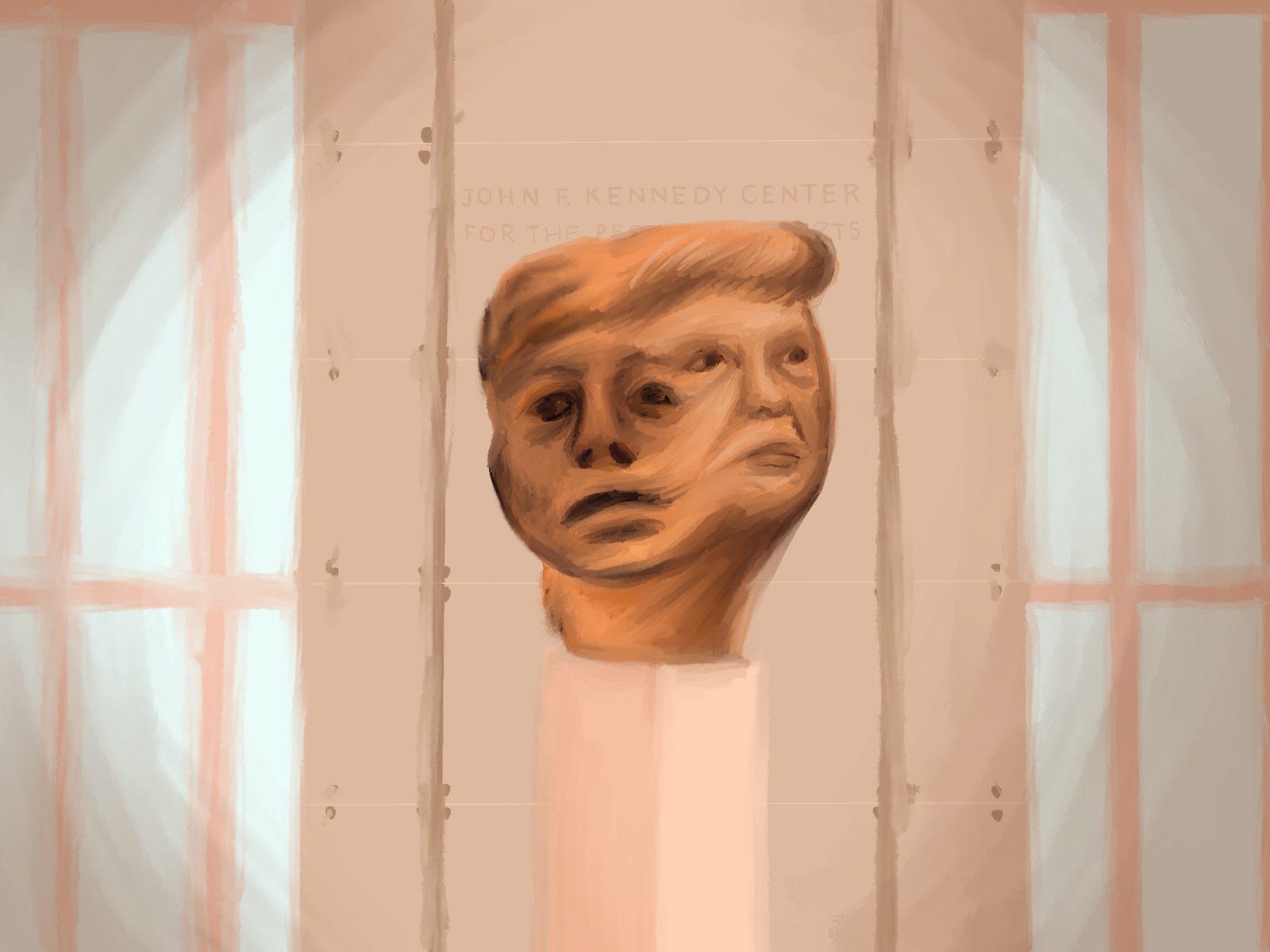On Oct. 7, Hamas, an Islamist militant movement that governs millions of Palestinians living in the Gaza Strip, launched a surprise attack on Israel, killing over 1,400 people and wounding thousands more. The attack prompted a massive military response from Israel — an offensive which has killed over 3,000 people in Gaza and wounded over 12,500.
The attack has sparked responses in nearly every part of the world, including the United States — just last week, President Joe Biden called the attacks by Hamas “sheer evil,” while simultaneously warning against Israeli reoccupation of Gaza.

It has even touched our campus — Boston University Hillel and BU Students for Israel held a candlelight vigil for the victims of the attack last week. Additionally, an article by BU Today reported that 22 BU students have been contacted by the University’s dean due to direct ties to Israel.
Naturally, when an event as harrowing and wide reaching as this attack occurs, responses pour out not just automatically but emotionally. There has been an inundation of reactions, both on the news and on what might now be our most frequently-used medium for expression: social media.
More and more, I’ve noticed the sheer amount of political posts uploaded to Instagram, X and other social media platforms.
And while some have been insightful and informative glimpses into the conflict — particularly those from individuals directly impacted by the war — most are a barrage of “infographics,” Notes app messages and celebrity responses, many of which read with a strong hint of carefully-ghostwritten prose.
Granted, most of these posts seem to be uploaded in what appears to be good intent.
But when these posts — which claim to encapsulate the outrage of the poster — consist of cut-and-paste opinions and repurposed statements written by other people, it becomes impossible for me not to wonder: are these people posting simply because they feel pressured to show they care?
The nature of communication in the modern world — internationally connected, instantaneous, permanent — has put us in this unique situation, in which the only apparent way to validate our knowledge of a situation is to post about it. Not even just this — we have created a trap in which the only way to even prove you have an opinion is to post about it.
Because our identity has become so closely intertwined with our internet presence, this phantom pressure to explain ourselves online as we might once have in person has become suffocating. It’s also creating unnecessary noise in an issue where the paramount focus should be on the victims of the attacks.
There have been many viral posts circulating since Oct. 7 that touch upon this issue — the one that I’ve seen reposted the most said, in no uncertain terms, that “the silence coming from our non-Jewish friends is speaking volumes right now,” a statement that seems to indicate silence on social media equates allyship with one side of the war versus the other.
Others on social media have posted similar sentiments about silence regarding Palestinians.
I both agree and disagree with these users. I do agree that complete silence on this issue equates to ignorance of the conflict, an option that demonstrates a disgusting level of privilege and disrespect to thousands of innocent people. Total disregard for this war is wrong, and not what I’m suggesting.
But silence on social media is not equal to ignorance. On the contrary, it could mean something arguably more important — that the individual is taking action in reality, not just on the screen.
The most valuable insight I’ve gained about this issue has not been through Instagram stories but face-to-face, in spaces where conversation is not only accessible but encouraged.
I implore those concerned about this war to remove themselves, however briefly, from the confines of these third party methods of communication.
Talking to our peers — even those who may appear to be silent on this issue — bears more fruit than tapping and scrolling through corporate memos and cartoonish simplifications of an issue too complex to summarize in just a few pictures.





















































































































